Pregnancy Journey & Childbirth
FAQs
Preparation for your new baby is both a practical and emotional journey. We suggest attending prenatal classes, creating a nursery space, and exploring your birthing choices. Don’t forget to talk to your healthcare providers, like your doctor or midwife, about prenatal care.
Absolutely! We believe in the power of a personalized birth plan. It outlines your preferences for labor and delivery, including pain relief and who you want present during the birth. Your healthcare provider can discuss the options and help you create a plan that’s right for you
This can be an obstetrician, a family doctor, or a certified midwife. When choosing, consider factors like personal comfort, the level of medical attention you might require, and the policies of your chosen birth setting.
Every labor experience is unique and involves a spectrum of emotions and physical sensations. Some people describe labor as intense menstrual cramps that increase in strength, while others may have different experiences.
Labor and delivery can range from a few hours to much longer and involves three stages: the dilation of the cervix, pushing and delivering the baby, and delivering the placenta. We suggest discussing pain management techniques and labor positions during your prenatal visits for a better understanding of what the experience might look like for you.
If you’re looking to team up with a midwife, start by reaching out to local practices or hospitals or even get recommendations from friends or your healthcare provider. Make sure they have the right certifications and set up a meeting to go over what you’re looking for and your preferences.
Preparing for childbirth involves educating yourself about the birth process, attending prenatal classes, and understanding your pain relief options. Physical preparation, such as pelvic floor exercises, can also be helpful.
After birth, expect a period of recovery and adjustment. Your body will undergo changes as it heals, like soreness, hormonal changes, bleeding or spotting, and a host of other symptoms depending on your birthing experience. NCHS can provide temporary newborn care if you haven’t decided to make an adoption plan or not, along with connections to community resources.
Postpartum care is the process of allowing your body and mind to recover after giving birth. This involves regular check-ups, support for breastfeeding, emotional support, and management of any physical discomfort.
Postpartum symptoms include physical changes like vaginal discharge, cramping, and breast engorgement, as well as emotional changes that can sometimes lead to postpartum depression. If you’re struggling, don’t hesitate to reach out to NCHS for support and assistance accessing prenatal care.


